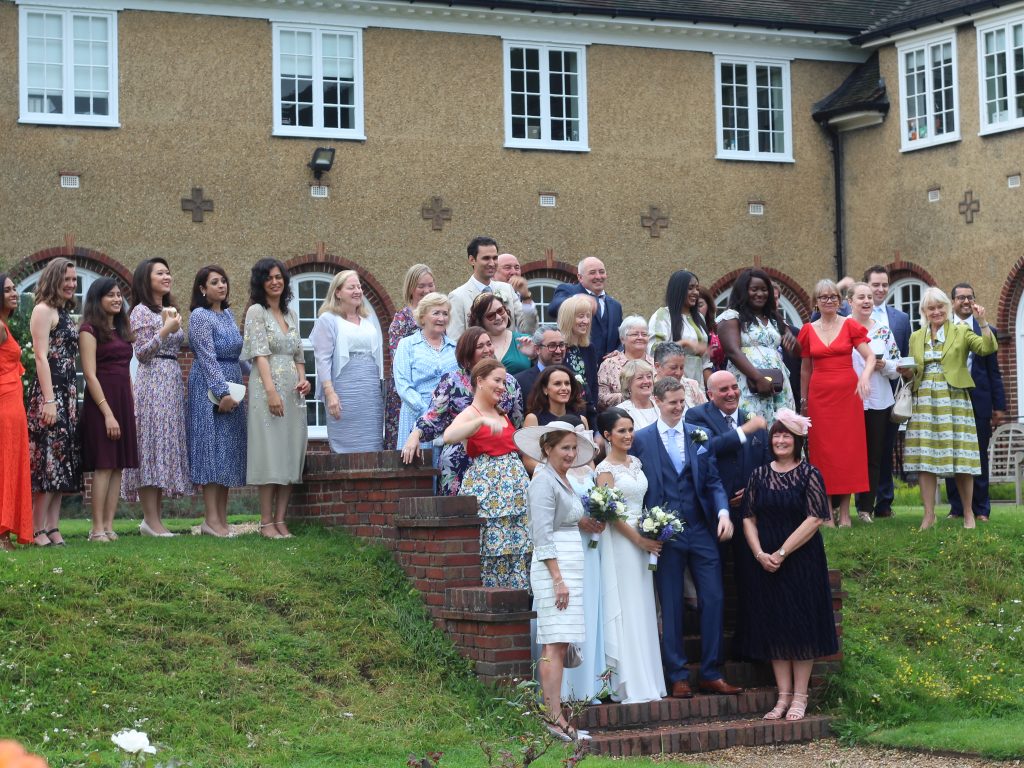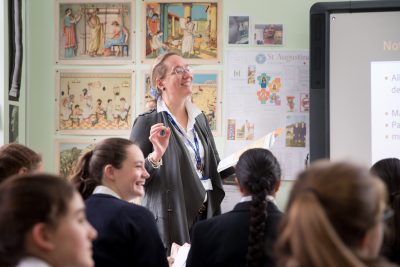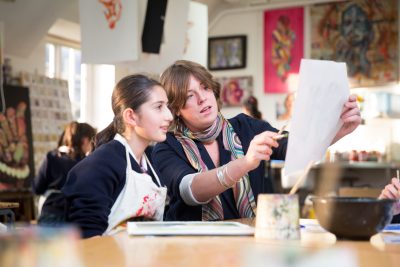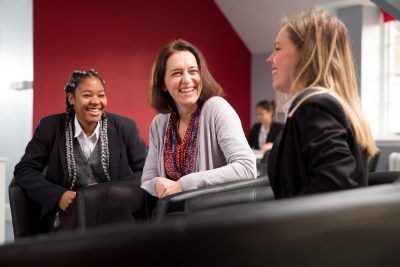I have finally acknowledged that I am no longer a young teacher. Various moments have prompted this epiphany and it was sealed recently as I reflected upon schools’ responses to the new curriculum.
I realised that I am one of just a few people in the staff room who remembers teaching A Levels before Curriculum 2000, as it was known. Equally rare is being a teacher with a memory of being given more than fifteen minutes to prepare for immense curriculum changes. The profession thought carefully in preparation for Curriculum 2000 and we all relished both the new direction and the pedagogical integrity which underpinned it. Teachers don’t mind change but we do object to ministers who foist their career ambitions on children and young people without a care for the impact. We had a couple of months to prepare for the latest changes we are now implementing – tellingly, unlike the last round of changes, they go without a name.
Now while few of us have especially welcomed the rapidity of the recent changes and while some people might roll their eyes at the level of grammar children now learn, we are certainly seeing some benefits. Children in Year 2 can tell you with certainty whether or not a sentence is a sentence and moreover can comfortably work with expanded noun phrases. Great licking of pencils now goes on and a confident underlining of parts of speech, which would put older children and most adults to shame: as long as learning grammar is accompanied by a joy in language and meaning then we can agree that the raised expectations of the new curriculum are a good thing.
I am interested in the resurgence of some other old fashioned notions. When I was at primary school we seemed to spend a great deal of time doing exercises, which reinforced learning. Lo and behold we have come full circle and this is now dubbed deep learning and lauded as seeking mastery. For children who liked to learn in straight lines, there used to be a great comfort in some aspects of the primary curriculum. We spent tracts of time learning idioms – rolling stones gathering no moss, birds in the hand and how much they were worth not to mention collective nouns – a murder of crows, a shrewdness of apes for example. Much of learning was also conducted in silence. How splendid then that the world has begun to expand upon its understanding of personality types: I have long said that teachers should not say at parents’ evenings, “She needs to talk more!” as if speech were the only route to learning (we know it is crucial for some, by the way, and there is nothing like a debate to prove that). Teachers must find ways to satisfy themselves that students are making sense and progress but we have for too long forced children who prefer silence to break their peace.
Rightly there is a new interest in what it is to be an introvert. We have learned much educationally from an awareness of the autistic spectrum and how we must meet the needs of young people who present with struggles with loud noise, who prefer their quiet, need plans, and who can learn some things at an extraordinary pace. I hope that we can now extrapolate from that learning and resist a temptation to try pop diagnoses of autism or Aspergers when we are simply meeting a person whose energy is not derived from socialising but who finds that source in solitude. Perhaps our next educational challenge is to remember what loveliness there is in silence and to be ambitious as teachers in finding ways to uncover the ways of those who do not learn through dialogue.
Revisiting old ways, seeking mastery, all sounds like the lore of magic. Maybe there is a beauty in remembering past methods and language. Neuroscientists have explored the benefits of counting our blessings. Now that is indeed an old time idiom: it sounds like the kind of phrase and exhortation you would need to be aged to utter. At the very least we imagine it being said by someone who has seen much of life and perhaps death. It is a phrase which comes from communities affirming shared beliefs and customs, where people of all ages socialise together, sit around tables with great pots of tea and speak of times gone by as well as current business. In our scattered communities our elders do not always have voices and if they do, they do not use them or feel they can. It is right that modern views assert themselves and that we keep an eye on the future. But we speak so often of being nimble, alert and responsive that perhaps we could learn a little from reflecting on former beliefs.
In this case researchers are finding that those who regularly acknowledge goodness in their life, who notice success, giftedness, and joy, experience better mental health. To coin another old-fashioned term these moments would have been acknowledged in times gone by as moments of grace. Grace means quite simply thanks. As a leader of a girls’ school I urge girls and staff individually and collectively to notice when something lovely happens. I ask them to write down the compliments and remember them for the times when more wounding things happen. We all need to learn how to receive compliments graciously – how often have you praised someone’s outfit, work or contribution only to hear them either literally talk through you or deny it – “It was nothing,” “Oh that old thing,” “Oh it wasn’t very good”. How often have you done that yourself? Why? Why do we focus on criticism rather than praise? They are both as likely to be true. If a good teacher’s exam results are not as excellent as usual they blame themselves entirely. If the results are splendid they tell you they had a great class. We don’t want people to become proud and arrogant, but we do want them to know their own worth. For their well-being and sanity they need to be able to hear a beautiful truth spoken about them or to them. Perhaps we can rejuvenate not just grammar and parts of speech but also some of the old elegances. Perhaps we can seek and experience grace filled lives.
Mrs S Raffray MA, NPQH
Categories: Junior Nursery Prep Senior Sixth Form Whole School





